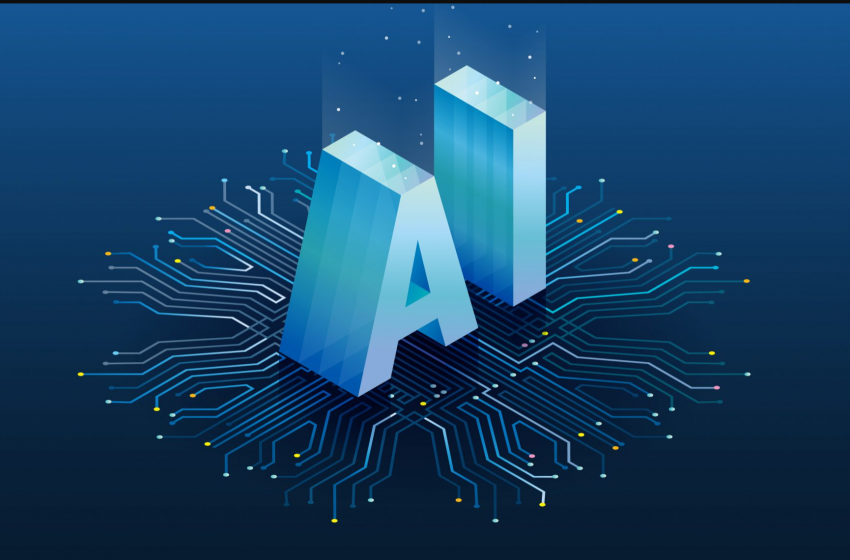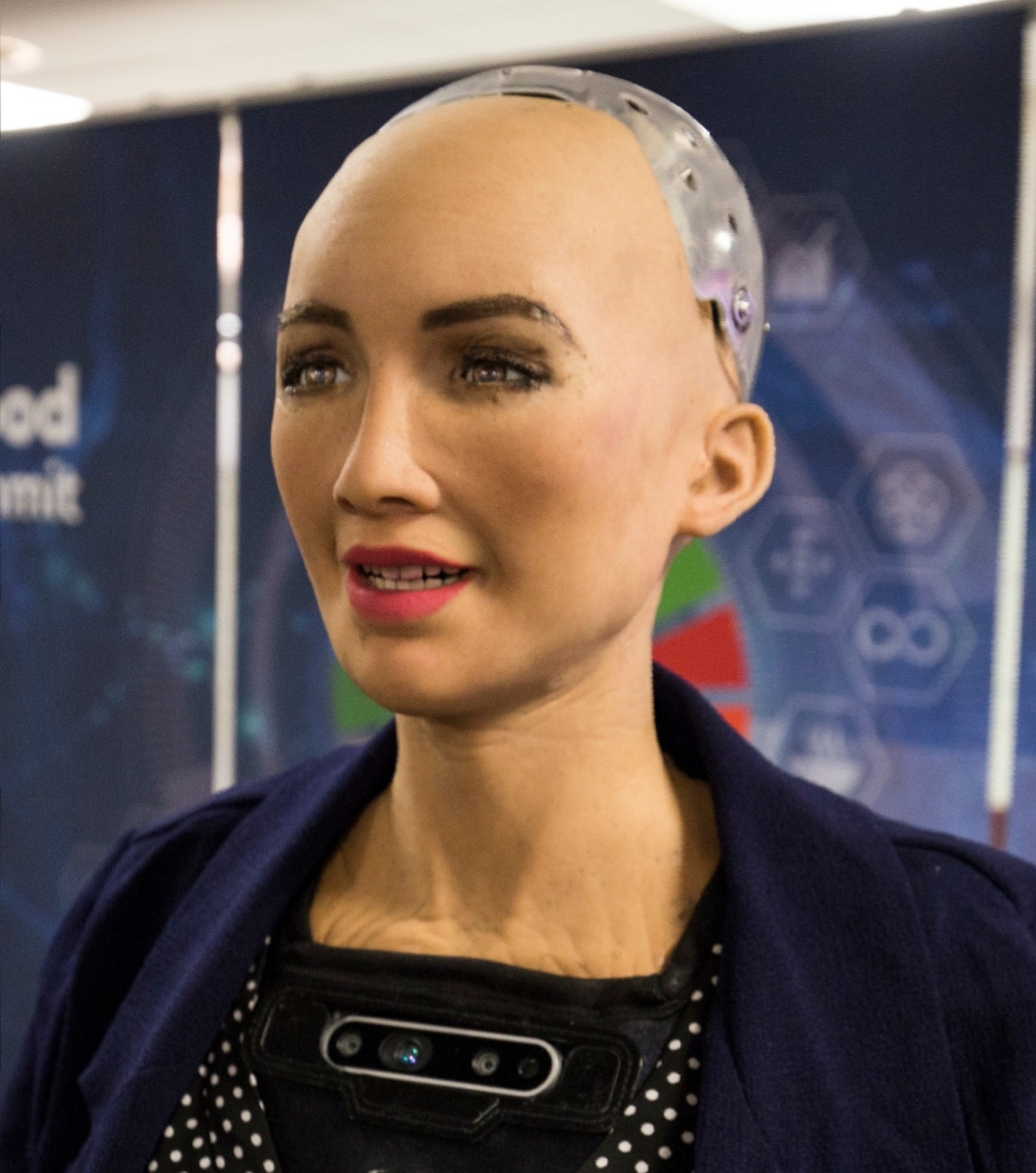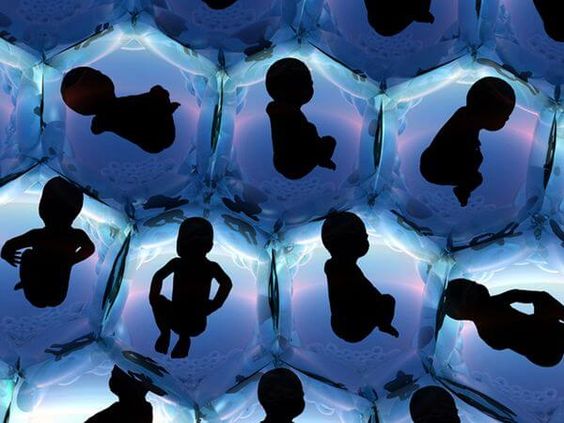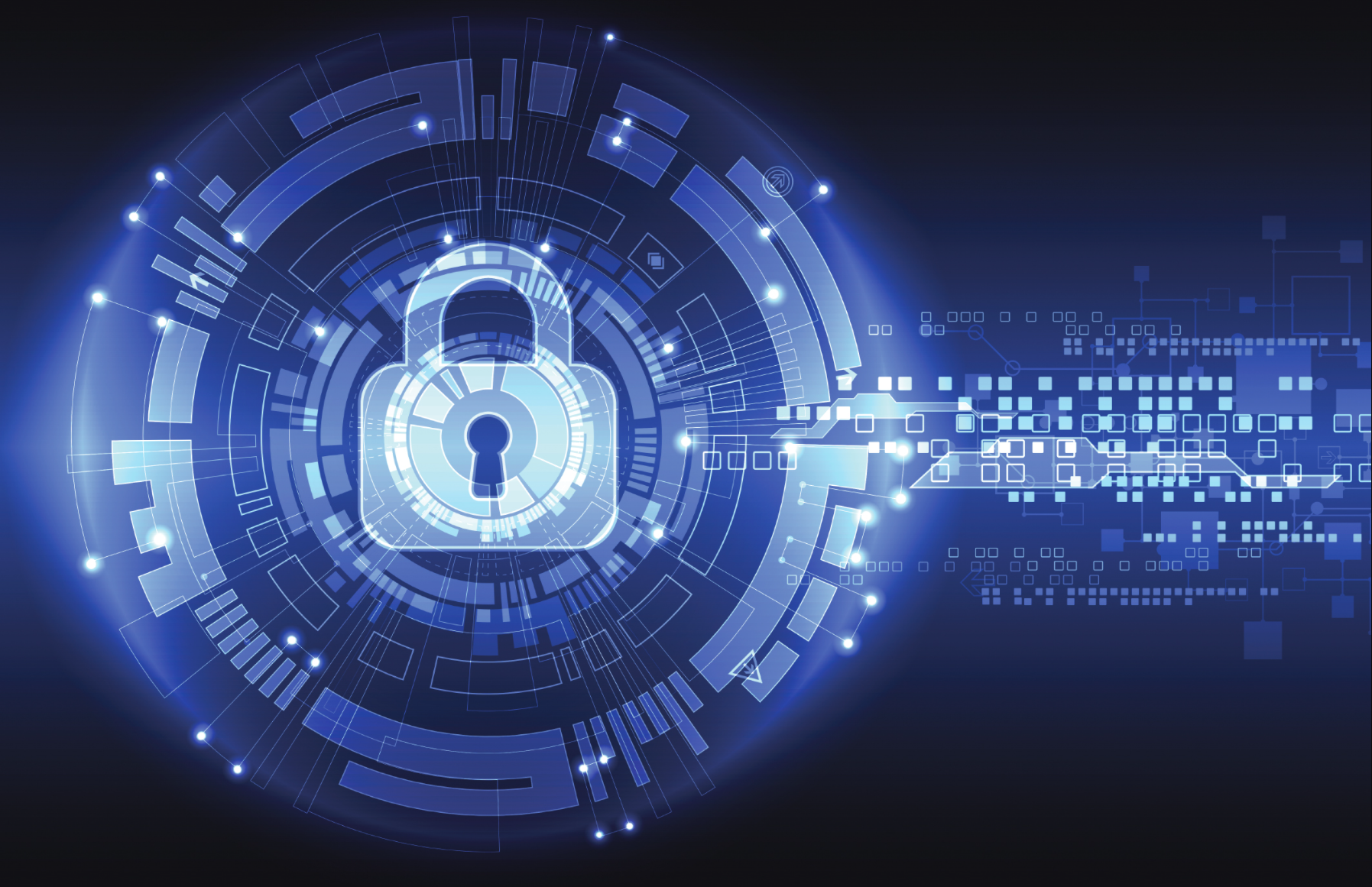Artificial Intelligence: humanity’s next breakthrough or its last?

Artificial intelligence. These two words are one of the most well known words in the field of technology. The term basically means ‘ Intelligence demonstrated by machines’ , yet this may have stunning implications to humanity, both technologically and socially. Now when someone says AI people usually conjure up images of sentient robots decimating the population. But this isn’t exactly what AI is but it is also a possible aspect. AI algorithms vary wildly and can do a lot of things from predicting what you want for Christmas to identifying a murder suspect from a camera feed. So all in all, AI seems to be good right? But is it? What is the price of all the benefits of AI?

Benefits Of AI
Now what are the good things that AI offers? Firstly AI can be used to drastically speed up mundane tasks, analyze large amounts of data and spot links in those data.
AI is also becoming instrumental in diagnosing diseases, such as cancer, with a much higher accuracy than before all the while reducing the costs associated with it.
It has also proven valuable in predicting natural disasters such as floods and earthquake aftershocks, which gives people more time to prepare and save more lives.
AI algorithms are being used extensively in facial recognition. These algorithms can identify criminal suspects, fugitives and even see whether a person is carrying a firearm. These systems can be used in places such as banks and schools to help protect its users.
AI can also reduce human exposure in hazardous jobs by using devices or robots instead. This can be used in situations such as bomb disposal, collecting samples of lava for experimentation or for handling nuclear waste, drastically reducing the risk posed to humans.
Several companies are also working on using AI in smart transport systems and autonomous cars, notably the company Tesla. These systems can identify other vehicles, objects and pedestrians on the road and can as of now navigate through them with a certain level of accuracy. These systems may one day reduce road accidents drastically.
Disadvantages of AI
Now that we have discussed the benefits of AI what are the risks of it?
The most noticeable problem of AI right now is job loss. AI is becoming increasingly efficient in many tasks that humans have become redundant in these some fields. A single AI algorithm can replace several humans while making less errors. This has led to underemployment in many sectors. AI is already making waves in the medical sector and the law and accounting sectors will be next as AI can go through pages of legalese and rapidly analyze financial data much more efficiently.
AI algorithms that are used in autonomous cars can also pose a risk as well. AI can make mistakes and those mistakes can lead to a road accident, which may also lead to a loss of life. In such a situation is the AI the one to be blamed or is it the driver who was in the vehicle at the time?
AI can also pose a threat to privacy and security as well. Algorithms such as these are increasingly handling more and more personal data of ourselves and maybe exploited by others.
AI can create audio and video ‘deepfakes’. For example a video of someone can manipulated and edited to make it seem that s/he did or said something completely different. These deepfakes can be made to such a high quality through AI that they may be able to fool the general public or even the authorities. This can be used destructively in a political scenario for example where no one is sure of what is real and what is not in the digital side of things.
What about the ethical and moral concerns. If a machine can act, talk and think like a human, should it be treated as a human? Of course such AI that can pass as a human is decades ahead of current technology but it is an aspect of it nevertheless.
AI is being developed by humans and humans have certain biases. AI is trained by using large sets of test data and these data may be biased because of the people developing it, which would lead to the AI algorithm itself be biased. AI is already causing social tensions due to unemployment and such biases can lead to complications between the relationship between humans and AI.
AI can lead to autonomous weapons. This may lead to a global arms race where the endpoint is a world where such weapons are a common sight. Is that what we really want? Would it be possible for terrorists to manipulate these weapons to target innocents or certain groups of people for an ‘ethnic cleansing’? Both would be disastrous. Yes, autonomous weapons and AI can make battlefields safer to humans but human nature may just lead to more dangerous tools for destruction.
And a more frightening scenario. Can AI pose an existential threat? Can AI go rogue? To quote late physicist Stephen Hawking “AI can be the worst event in the history of our civilization”. An AI system can create an improved version of itself, which in turn creates another more intelligent version of itself and could go on in a loop of self improvement. This would lead to a technological singularity, where its growth becomes uncontrollable resulting in a superintelligence that surpasses all human intelligence. What happens then? What happens when AI has become so intelligent that humans are no longer required?
There is also the threat of a Destructive superintelligence, an AI that has escaped human control. How can something like this happen? There are many ways but one way is that the creators of the AI can give it a goal of say, ‘save the Earth’ or ‘save the human civilization’. The AI can decide that the best way to achieve the above goals is by reducing the human population and may proceed to do exactly that. We have all seen the movies concerning this and they may have some truth to it.
Conclusion
AI is revolutionizing the world right now and making many of our lives significantly easier. It can lead to vast advances in human civilization but it can also lead to its destruction. Founder of Tesla and SpaceX, Elon Musk said that “AI is far more dangerous that nukes”. And a dangerous AI is possible. Perhaps not probable but possible nevertheless. We may not be able to prevent the advent of true AI but right now it is our responsibility to prepare for it, for when the day of reckoning comes, it comes like a thief in the night.
YUTHIN HIMSARA
References; http://Dangers Of AI: 6 Risks Of Artificial Intelligence | Built In http://Technological singularity – Wikipedia http://Death of Elaine Herzberg – Wikipedia



